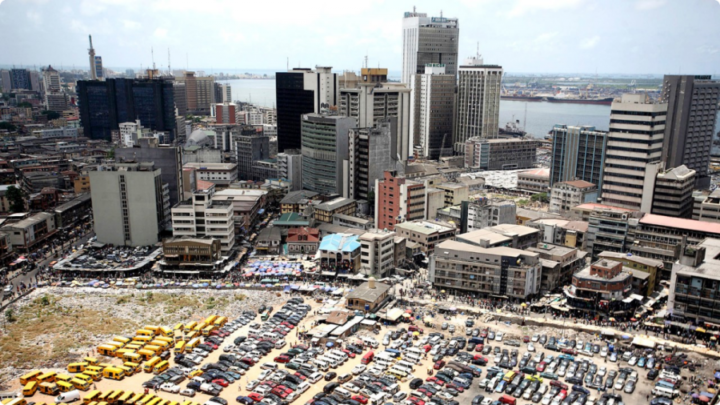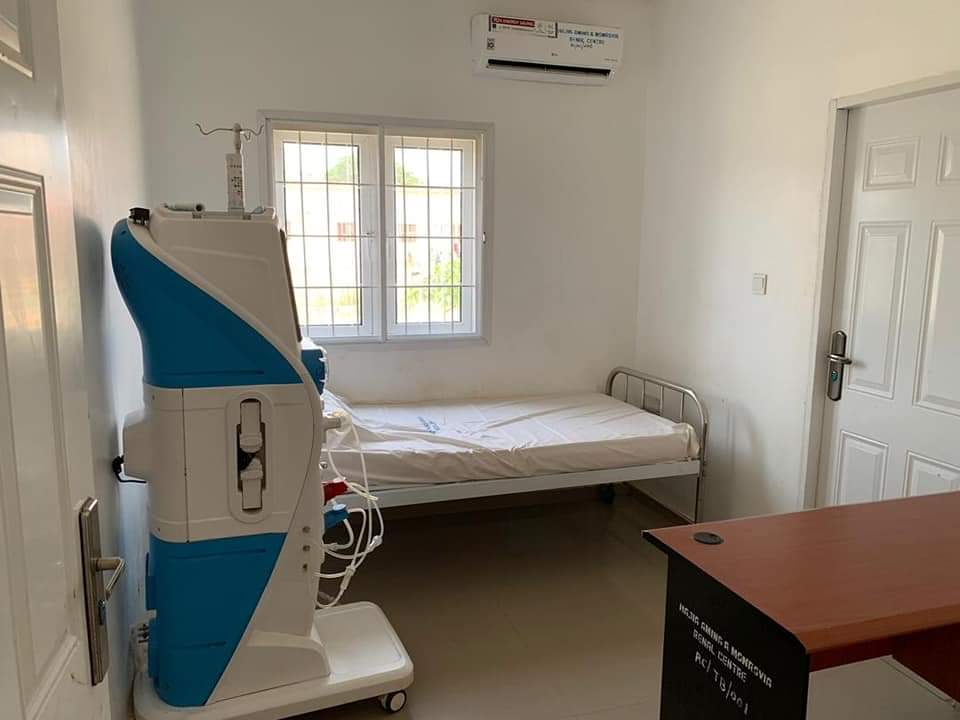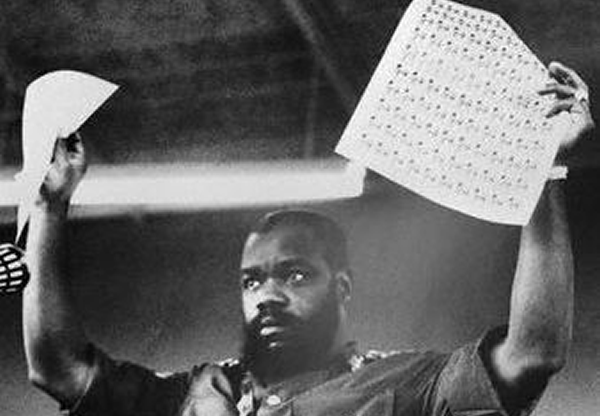Africa’s largest economy expanded by 1.87 percent in the first quarter of 2020, bucking the global trend of recessions triggered by the coronavirus pandemic.
For comparison’s sake, the performance represented a contraction by 0.68 percent compared to the 2.55 percent growth rate recorded in the Q4 2019 and 0.23 percent, when compared to 2.10 percent growth witnessed in Q1 2019.
What does this performance mean?
Nigeria rolled with a succession of devastating punches in the first quarter. The country’s resilience against tumbling oil prices and the negative impacts of COVID-19 not only beats expectations, but it also wins a round during which other larger and developed economies lost growth and confidence on a massive scale.
Advertisement
The US economy contracted by minus 5.0 percent while GDP in the UK shrank by two percent. In the Eurozone, the economy declined by minus 3.8 percent. Tragically, all those regions had high infection and mortality rates along with forced and extensive lockdowns.
While Nigeria has not escaped the spread of coronavirus, the virus’ economic impacts were constrained relative to other regions.
Could the worst be over for Nigeria as global oil prices recover and economies relax lockdown measures amid gigantic stimulus from central banks? As the worldwide economy slowly gets back on its feet, Nigeria could be strongly positioned for a quicker-than-expected recovery, at least on the basis of Q1 data.
Advertisement
On the downside, uncertainty abounds. The negative impacts of the coronavirus pandemic, low oil prices and slowing global growth may be felt across the economy for the rest of the year.
The naira remains exposed to negative shocks, foreign exchange reserves have fallen to $33.4 billion and inflation has jumped to 12.34 percent in April 2020, the highest since April 2018, meaning the Central Bank of Nigeria may have little room for manoeuvre.
Concerns over a coronavirus driven economic recession have prompted the CBN to reduce the monetary policy rate (MPR) to 12.5 percent, from 13.5 percent in May.
Although lower rates may promote economic growth, this may come at the expense of rising inflationary pressures. Given the current uncertainty around oil prices, the priority may be to boost consumption and continue diversifying the economy.
Advertisement
Oil prices going sub-zero earlier this year should be another major wakeup call about the importance of diversifying away from oil dependence to other sustainable sources of growth.
Economic data over the coming weeks will be critical in assessing whether Nigeria was able to weather the tornado of domestic and external risks in Q1. I’m watching for data from the banking sector on credit reports in June.
Inflation and labour force numbers are also set for release and are significant benchmarks of economic health. Any serious deterioration or unexpected strengths in these numbers could set the tone for the second half of the year.
The country’s outlook will also be affected by developments around the 2020 state budget which was already revised down to N10.52 trillion.
Advertisement
It’s important for investors to avoid either irrational euphoria or unreasonable negativity under the circumstances. While the Q1 GDP data may offer some semblance of hope, especially in comparison to other major economies, Nigeria is certainly not out of the woods yet.
Fears around a second wave of coronavirus rattling the global economy may put oil prices underwater again, rekindling recession fears. Then again, as the virus curves flatten in key economies, growth and recovery are just around the corner.
Advertisement
In conclusion, one thing is for sure; any recovery scenario would be supported by Nigeria’s resilience and growing economic diversification.
Advertisement
Add a comment







